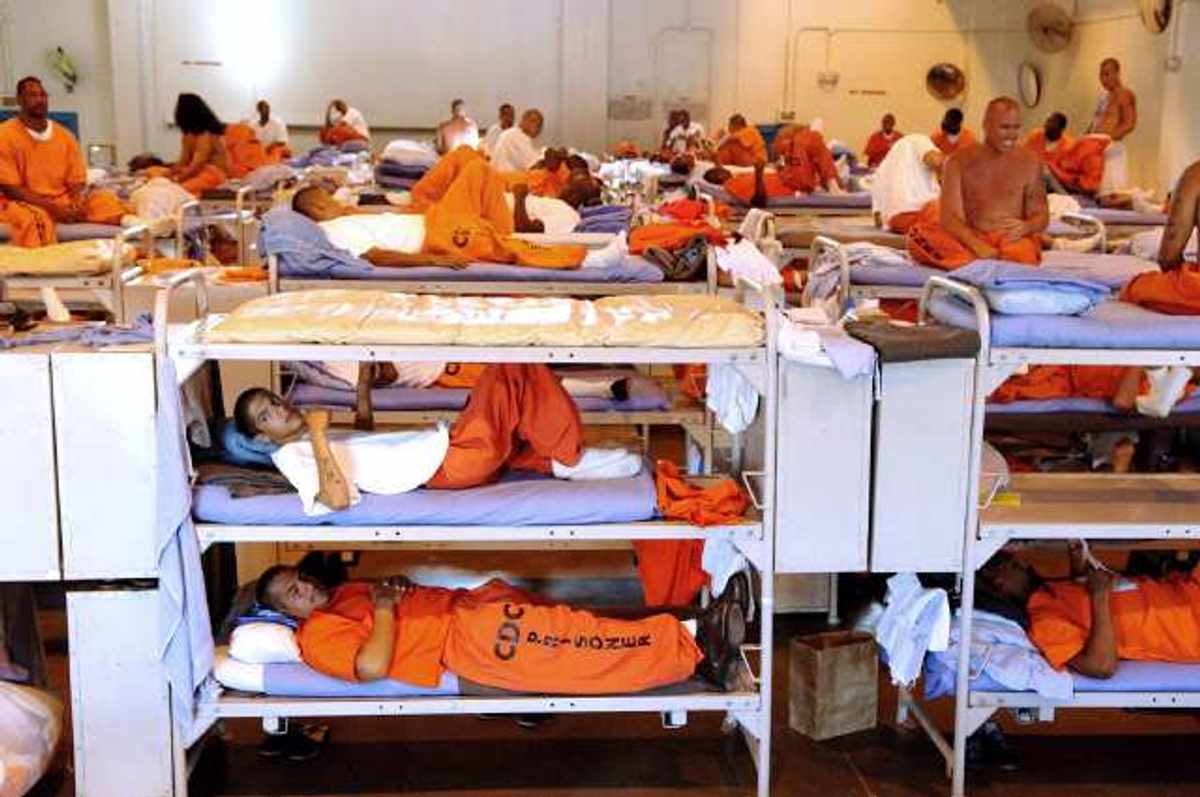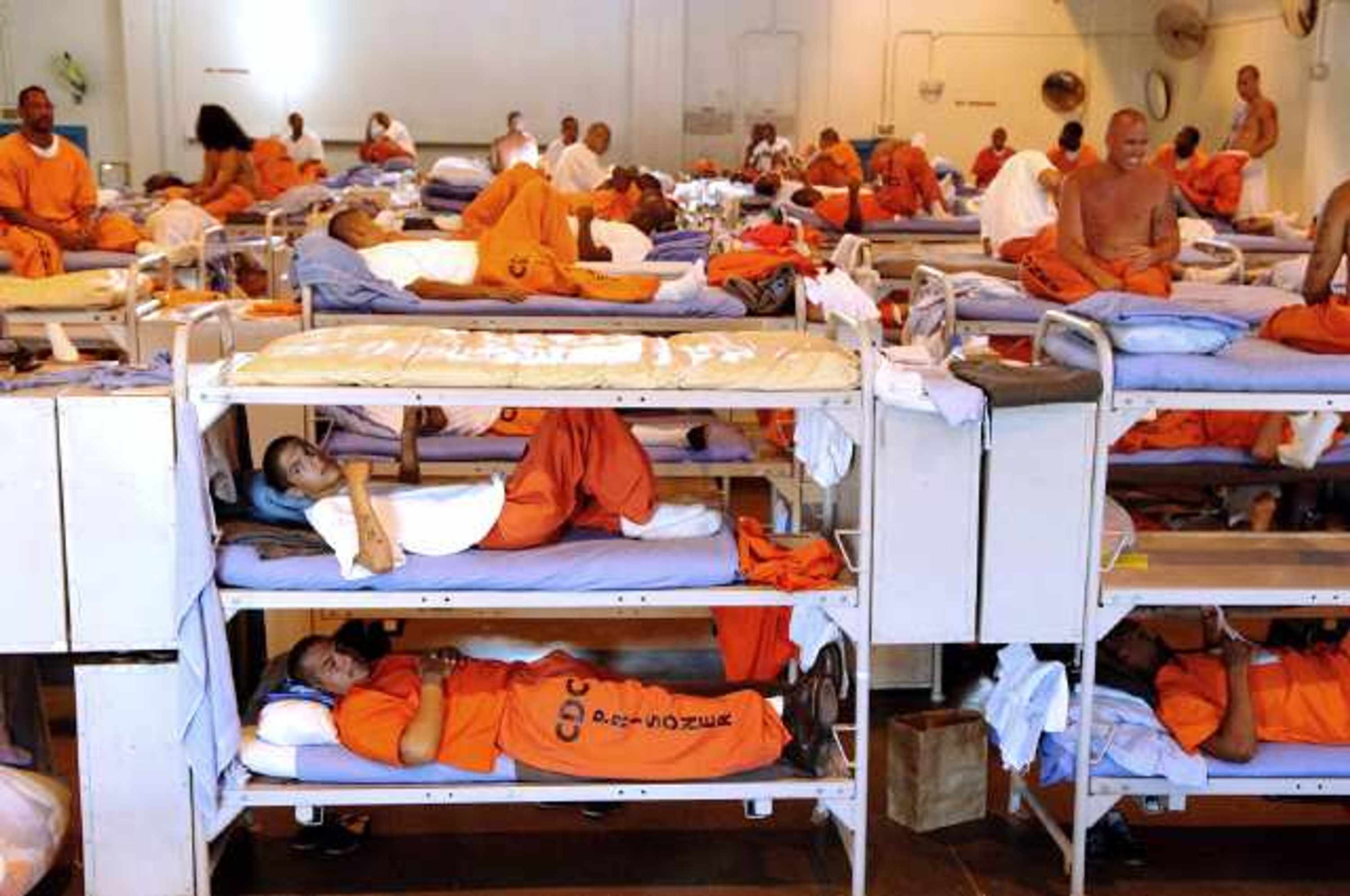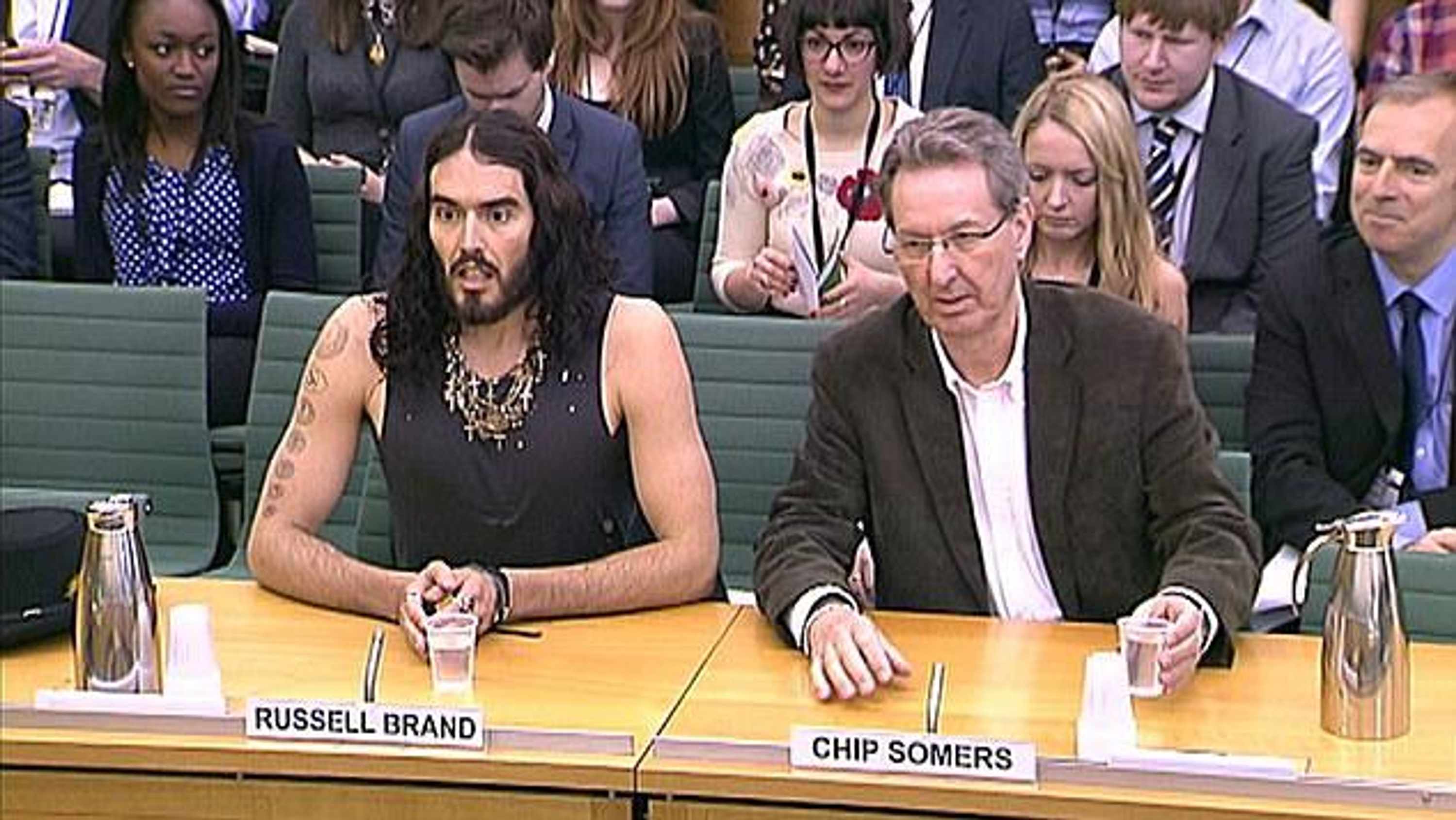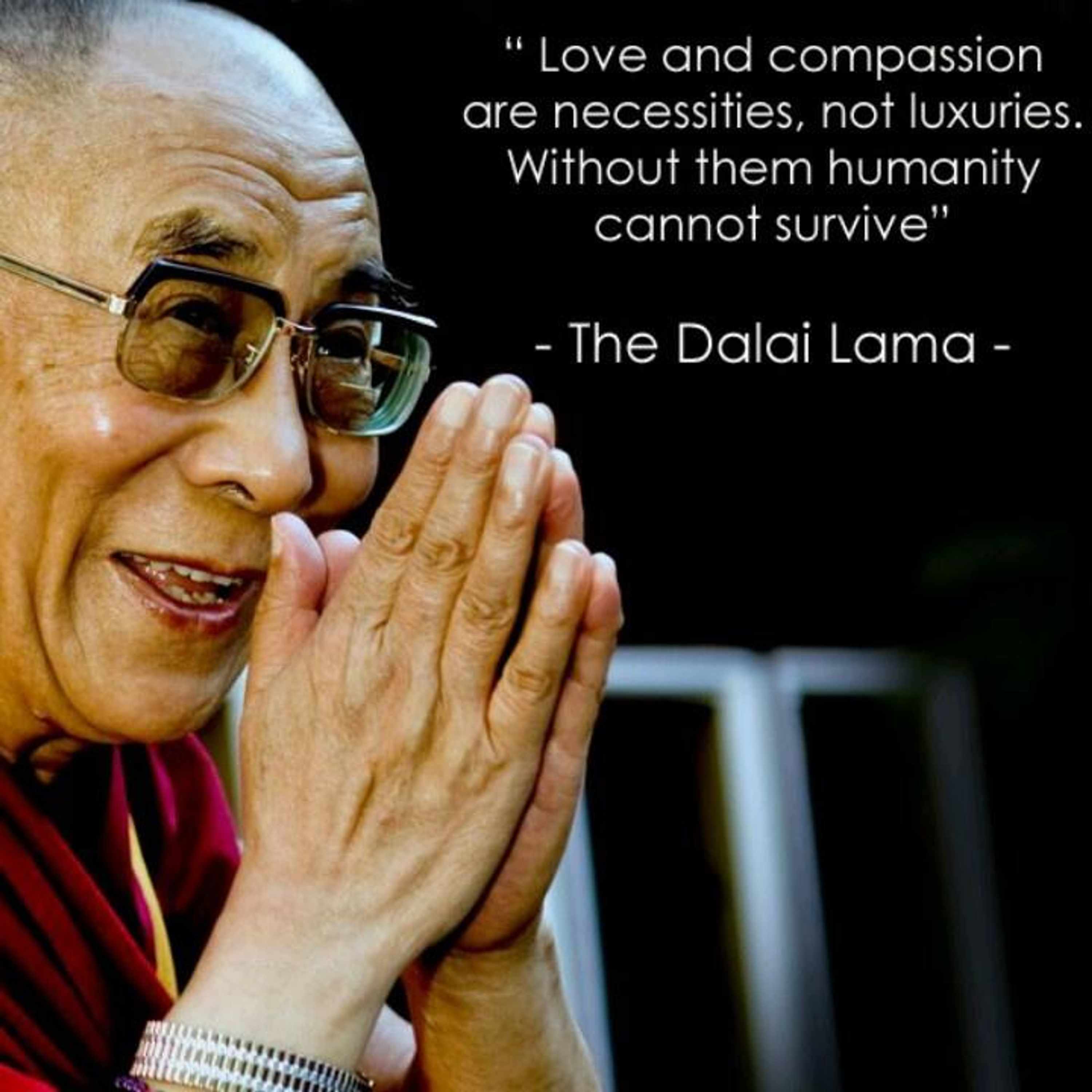Ethical steps forward are based upon extending our compassion
Ethical steps forward are based upon extending our compassion


First published on Positive News here
One hundred years ago women couldn’t vote in England. Two hundred years ago you could keep a slave. It is clear that society evolves as attitudes change, but until this is recognised in law it is just opinion.
It may well be that one hundred years from now our great grandchildren will look back at our time - when drug addicts are punished, not treated - with a similar shudder. “How cruel” they might say, but also how disingenuous. The War on Drugs has failed and our society reels from drug-induced self-harm.
Frederick Douglas - a former slave, abolitionist leader said: "No man can put a chain about the ankle of his fellow man without at last finding the other end fastened about his own neck." When we consider the devastation reeked by the black market drug trade, the suffering of swelling prison populations and the price paid by tax payers we see that the costs of prohibition and punishment are great indeed.
Prohibition has always been divisive but currently it is under intense international scrutiny and change is in the air. The United States has led the global War on Drugs and now has more prisoners then any other country. Approximately 1% of its population is behind bars, almost 2.5 million people. Of these, approximately two thirds are non-white and the most serious charge against 51 percent of these inmates is a drug offence. Only four percent are in for robbery and only one percent for homicide.
For an increasing number of Americans this is no longer acceptable. At the World Economic Forum in Davos, Texas Governor Rick Perry said: "After 40 years of the war on drugs, I can't change what happened in the past. What I can do as the governor of the second largest state in the nation is to implement policies that start us toward a decriminalisation and keep people from going to prison and destroying their lives, and that's what we've done over the last decade."
President Obama said "I don't think [marijuana] is more dangerous than alcohol.” These previously heretical opinions are now being reflected in changing laws. Colorado and Washington have led the charge and now the people of Alaska and Oregon may approve a tax-and-regulate system later this year.
In the UK an e-petition led by Green MP Caroline Lucas urging the Government to review the Misuse of Drugs Act collected more than 100,000 signatures. Backed by Sir Richard Branson, Sting, Dame Joan Bakewell and Sir Ian Gilmore, former president of the Royal College of Physicians, its most visible supporter, Russell Brand, pointed out that “almost 2,000 young people die in the UK each year from taking illegal drugs of uncertain potency, that they can only get hold of on the illegal market.”

Russell Brand at Select Committee
As Brand has pointed out repeatedly in his unique and compelling way, updating drug laws is, in large part, about extending compassion to addicts. Many drug dependants were abused as children or have suffered horribly and, as Brand puts it, use drugs “to anaesthetise the pain of living.’’ Can any of us say we wouldn’t have acted similarly in their situation?
In offering compassion and understanding we can help addicts heal and bypass the vast amount of criminal activity based on them either trying to get their hit or gangs striving to deliver it. Is the urge to punish addicts as much a driver and perpetuator of addiction as the pain that caused it in the first place?
Ralph Waldo Emerson wrote that “The love that you withhold is the pain that you carry.” This has a social analogue in addiction. A more compassionate approach, treating addiction as a health issue not a legal one, would enable us to help those suffering – improving our chances of freeing them from their hell and reducing the crime and misery that goes along with it under the current legal framework. As the great wheel of progress rolls on we might wonder what is next?

We withhold love from nature and carry the pain of a dying biosphere. The challenges of drug addiction and ecological collapse may seem to be of different realms but we may actually find that progress towards one supports the other and that an extension of our compassion brings the change. Charles Eisenstein recently suggested that decriminalising drugs “may offer us a gateway away from machine values” of domination and control towards the organic values of symbiosis which may be the hallmark of an ecological world.
Compassion is the emotion that we feel in response to the suffering of others that motivates a desire to help. It requires us to identify with people beyond ourselves be they slaves, women or drug addicts. But what about forests, rivers and even Gaia herself? The pioneer of Deep Ecology Arne Næss wrote that “care flows naturally if the “self” is widened and deepened so that the protection of free nature is felt as the protection of ourselves”.
Can compassion for nature bust us out of the prison of ecological collapse?

The ethical leaps forward society has historically made have been based upon extending our compassion. If creating an ecological society is actually about us now extending our compassion to other beings then addressing the collapsing biosphere is not something that happens "out there" in a distant and abstracted "environment" but is an internal process of personal development - an opportunity available to all of us based on expanding our sense of self.
Compassion emerges not as an indulgence for the charitable but as a courageous path to solving intractable social problems. Either way, according to Dalai Lama it is worth doing: “If you want others to be happy, practice compassion. If you want to be happy, practice compassion.” As opinions change so laws follow. Today, new laws are being drafted around the world. Polly Higgins leads a campaign for the United Nations to recognise “Ecocide” as a crime. Ecuador and Bolivia have laws recognising the rights of nature and in Europe a network of lawyers and campaigners are launching a European Citizen's Initiative to include the rights of nature in the European Constitution.
Many people already feel like nature is a part of themselves and, identifying with her, feel compassion. Now they are demanding that the legal systems catches up. Eisenstein asks us to consider the “more beautiful world that our heart’s know is possible.” In this world we might not systematically punish people who have slipped into addiction nor wipe out species and ecosystems just to keep digits spinning in a catastrophically floored global economy. To get there we need to shorten the distance between our hearts and the long arm of the law.



